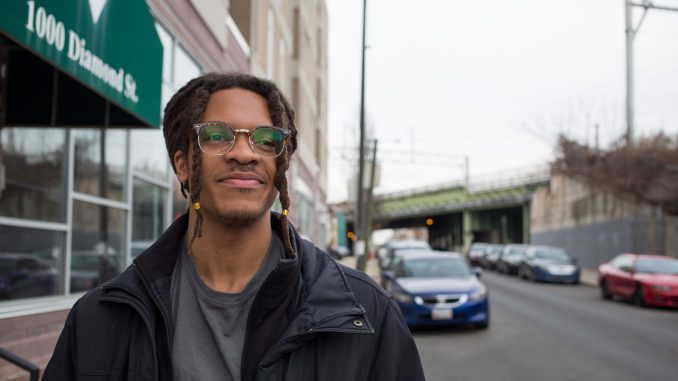
For Steven Dimanche, moving from Haiti to the United States for higher education was a choice made not only for him but also for his family.
“I’m not working for me. I’m working for everybody,” said Dimanche, a senior electrical engineering major. Coming from Haiti, he said, there was never another option.
Two students from Caribbean countries said they felt pressure from family, as well as contrasting social and professional expectations when studying in the United States.
The language barrier was also a challenge, especially when it comes to finding jobs, Dimanche said. Fluent in Haitian Creole, as well as knowing French and English, he said it is difficult to find employment due to his Haitian accent.
Alexi Blake, a senior kinesiology major, moved from Jamaica with his parents and two siblings when he was 10.
Blake remembers noticing a lack of community when he moved to the U.S. In Jamaica, he remembers “everyone was more sociable and a lot more easy to talk to,” but it wasn’t too difficult to transition to his lifestyle here.
Whether an international student leaves their home as a child or as a young adult, there is always an emphasis on working to support family, Dimanche said. Both Dimanche and Blake chose more of a math and science-based major due to the pressure of having a lucrative career.
“I’m going to be a physical therapist,” Blake said. “The idea was math and science will make good money.”
Blake watched his older brother feel the intense pressure to bring home a paycheck or send gifts back to Jamaica, but as the middle child in his family, he felt this pressure a little less.
The Office of International Student Affairs Director Leah Hetzell and the office’s Assistant Director Marena Ariffin help all international students acclimate to the U.S.
“We absolutely know this can be a difficult time,” Hetzell said. “It can be really challenging and there are so many different pieces of the puzzle that you have to fit together.”
It is normal for an international student’s transition to be challenging, Ariffin said.
“It could start hitting them right midway through the first semester or even a few weeks after they started classes,” Ariffin said. “It can be so overwhelming with all the changes, academically, personally, you name it.”
ISA has been able to support Caribbean students during times of tragedy, Hetzell said, like when Hurricane Maria struck the northern Caribbean in 2017. It displaced more than 100,000 Puerto Ricans from their homes, according to Mercy Corps, a non-governmental humanitarian aid organization.
Dimanche emphasized that leaving one’s home for education is more than just a choice for personal gain, but a way to take care of others.
The eldest of his family, Dimanche plans to take complete financial care of his mother. For him, not only is this attitude mandatory, but it’s a valued part of the Haitian family tradition.
“Once you leave someone behind, you have to look behind,” Dimanche said.



Be the first to comment